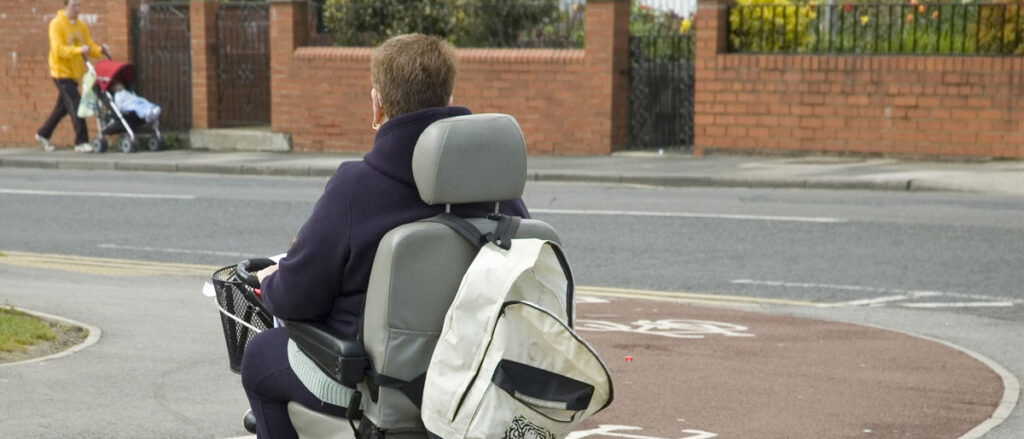How to find a home or live-in carer or support person
You or someone you know needs support to remain in their own home – how do you find that support? What do carers do? Can the NHS help? How much will it all cost? The barrage of questions can seem overwhelming when you’re first investigating your options. In this article, we help you with the first steps towards finding a home carer, support worker or live-in carer.
What support do you need?
Professional carers offer a wide range of support, from bathing and dressing to professional medical interventions at home. Figuring out what you really need help with is the essential first step towards building your support team. As an example, a married couple in their eighties might realise that they need some help at home and, as a first step, hire a cleaner. If a fall, injury or illness makes daily living difficult, they might add a home carer to provide support with bathing, dressing and mobility. On the flip side, a younger couple with a child with complex needs might need a qualified support worker to provide respite care. A young adult who is a wheelchair user and partially sighted might need assistance to travel to college, access materials and manage their coursework.
Who can help?
Help is available from many quarters. If you are struggling to remain independent or live in your own home because of an illness or disability which affects you or a member of your family then you can contact:
– your GP who can help you access NHS support including in-home medical support
– your social worker, if you have one, who can suggest other avenues to try
– charities and similar organizations, who can suggest or provide care directly
– private care providers, who can provide the support you need for a fee
– other service providers, such as cleaning companies, meal delivery services or transport services
-…and friends and family too of course!
For most people, in-home care and support is a patchwork of services provided by both the NHS and private companies. Reaching out to as many people and organizations as possible will let you explore what’s available and build a support network that really works for you.
Is in-home care expensive?
Professional carers do need to be paid, so the question is: who pays for what? In many cases, the NHS can offer a certain level of support for free. Charities may also be able to offer free care for people that meet their criteria or provide support in the form of grants or equipment. People receiving disability benefits may also be able to use those to pay for care. Private care can also be arranged, either by employing a carer directly or through an agency. Prices paid by the person in need tend to start at around £10-15 per hour. It’s worth remembering that even if you hire someone directly and only pay minimum wage (£7.83 at time of writing) you may still be liable for additional costs (e.g. National Insurance contributions) as an employer. If specific qualifications are required (such as nursing) then rates will be higher.
For more information we recommend reading the following:
Find out more about
We also offer mobility scooter insurance. If you’re interested in these services and want to talk to our team, contact us today.



